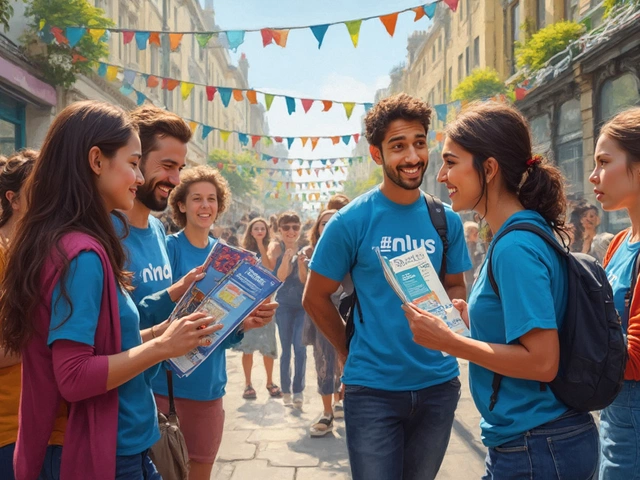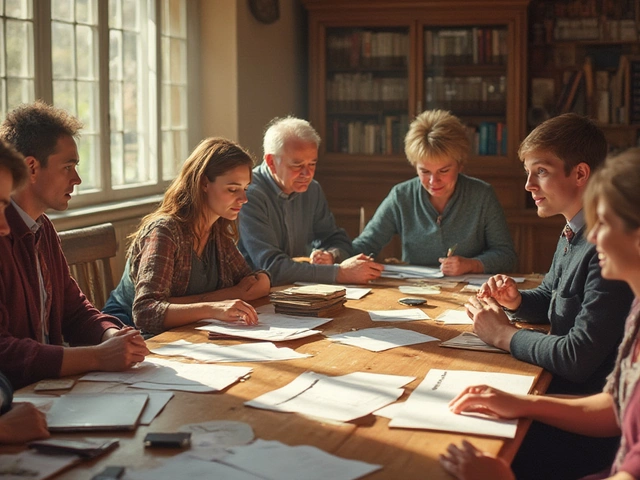Volunteer Interview Tips: Real Stories & How to Shine
Walking into a volunteer interview can feel like stepping onto a stage. You want to look confident, answer clearly, and show why you belong there. The good news? You don’t need a fancy résumé or a rehearsed speech. A few simple habits can turn nerves into genuine connection.
What interviewers really look for
Most people assume the interview is a test of qualifications. In reality, interviewers care about three things: commitment, fit, and attitude. They ask, “Will you stick around?” because turnover hurts any project. They also want to know if your values line up with the organization’s mission – whether that’s feeding families, cleaning parks, or helping at a parish fundraiser. Finally, a positive, cooperative attitude signals you’ll be easy to work with.
When you hear a question, pause for a second before you answer. This little break shows you’re listening and gives you a moment to frame a response that hits those three points. For example, if asked about past experience, you might say, “I helped organize a food drive at my school. I loved seeing the community come together, and I stayed involved for three years because the cause mattered to me.” Notice how the answer mentions commitment (three years), fit (food drive aligns with community help), and attitude (enjoyed the process).
How to prepare your answers
Start with a quick inventory of your own volunteer history. Write down three stories that highlight different skills – leadership, teamwork, and problem‑solving. Keep each story to about 60 seconds. That way you can share a clear snapshot without rambling.
Next, match those stories to the role you’re applying for. If the position involves event set‑up, pull a story about arranging tables at a church bazaar. If it’s a mentorship role, talk about tutoring a younger student. The closer the match, the easier it is for the interviewer to picture you in the spot.
Practice out loud with a friend or in front of a mirror. Hearing yourself speak helps spot filler words like “um” and “like.” Trim those out and replace them with short, confident statements.
Don’t forget to prepare questions of your own. Asking, “What does a typical week look like for a volunteer here?” shows you’re serious and gives you insight into the commitment level.
On the day of the interview, dress neatly – clean casual clothes work fine for most volunteer settings. Arrive a few minutes early, greet the staff with a smile, and keep your body language open. A firm handshake, eye contact, and nodding while the interviewer talks all signal engagement.
After the interview, send a short thank‑you email. Mention one specific thing you enjoyed discussing – maybe a upcoming community garden project – and reiterate your excitement to help. This simple follow‑up often tips the scales in your favor.
Remember, volunteer interviews aren’t about proving you’re the most experienced; they’re about showing up ready to give, learn, and grow with the team. Keep your answers honest, link your stories to the role, and let your genuine enthusiasm shine. With these steps, you’ll walk out of the room feeling confident and ready to make a real difference.

How to Answer Why You Want to Volunteer: Honest Answers That Work
Wondering how to answer when someone asks why you want to volunteer? You’re not alone. This guide shows you how to be real, specific, and confident in your answer—whether you want to give back, learn something new, or just feel useful. Packed with facts and tips, it’ll help you stand out and connect with opportunities that really matter to you. Get ready to leave a good impression with answers that work in real life—not just in theory.
Read More




